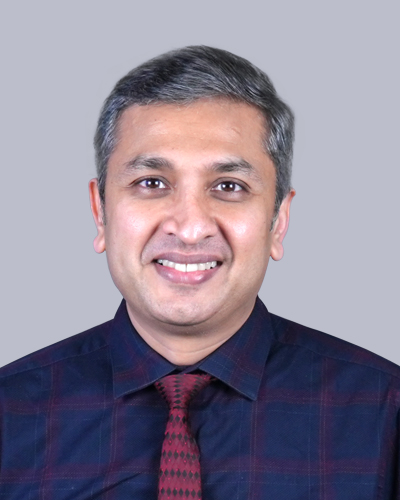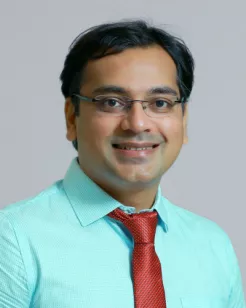What is Buccal Fat Pad Excision (Cheek Reduction)?
Buccal fat pad excision, commonly known as cheek reduction, is a cosmetic surgical procedure that involves the removal of a portion of the buccal fat pad from the cheeks. This procedure is performed to reduce the fullness of the cheeks and create a more sculpted facial appearance.
When and Why is Buccal Fat Pad Excision (Cheek Reduction) Recommended?
Buccal fat pad excision is recommended for individuals who have naturally round or fuller cheeks and desire a more contoured and slender facial appearance. Common reasons for considering buccal fat pad excision include:
Full Cheeks: Some individuals have genetically fuller or chubby cheeks, which can persist even with a healthy lifestyle and weight management.
Desire for Contouring: People seeking a more defined and sculpted facial appearance may choose buccal fat pad excision to achieve a slimmer contour in the cheek area.
Improved Facial Proportions: Cheek reduction is performed to enhance facial harmony and balance, particularly in individuals who feel their cheeks are disproportionately prominent.
Permanent Change: Unlike non-surgical methods such as injectable fillers, buccal fat pad excision offers a permanent reduction in cheek fullness.
How is Buccal Fat Pad Excision (Cheek Reduction) Different from Conventional Treatment?
Conventional treatments for fuller cheeks often involve non-surgical approaches, such as the use of dermal fillers or makeup techniques to contour and highlight certain facial features. Buccal fat pad excision, on the other hand, is a surgical procedure that directly addresses the volume of the buccal fat pad, providing a more permanent solution to reduce cheek fullness.
How is Life After Buccal Fat Pad Excision (Cheek Reduction)?
Life after buccal fat pad excision involves a recovery period, during which patients need to follow post-operative care instructions. Here are some aspects of life after cheek reduction:
Reduced Cheek Fullness: Patients typically notice a reduction in cheek fullness, leading to a more sculpted and contoured facial appearance.
Recovery Period: The initial recovery period involves some swelling and discomfort. Patients are advised to follow post-operative care instructions, which may include dietary restrictions and avoiding certain activities.
Gradual Results: While there may be some immediate changes, the final results become more apparent as swelling subsides over several weeks.
Scarring: Buccal fat pad excision is performed through incisions inside the mouth, minimizing visible scarring on the face. Scars are typically not noticeable.
Follow-Up Care: Regular follow-up appointments with the surgeon are important to monitor the healing process and address any concerns.
Our Doctors
We have some of the best specialists from around the world, they bring years of experience and offer evidence-based treatment to ensure the best care for you.
FAQs
At Aster Hospitals we provide the highest quality of care and a transformative experience for all your healthcare needs. With our network of multi-speciality hospitals, specialised doctors, and world-class technology, we bring global standards of medical care to our patients.
Is buccal fat pad excision suitable for everyone?
Not everyone is a candidate for buccal fat pad excision. A thorough evaluation by a qualified plastic surgeon is necessary to determine suitability.
When can I see the final results?
While there may be some immediate changes, the final results become more apparent as swelling subsides over several weeks.
Can buccal fat pad excision be combined with other procedures?
Yes, cheek reduction can be combined with other facial procedures if desired, such as rhinoplasty or facelift surgery
Can cheek reduction be reversed?
The results of buccal fat pad excision are considered permanent. Reversal would involve additional surgical procedures.
Will cheek reduction affect my ability to smile or speak?
In most cases, buccal fat pad excision does not significantly impact facial expressions, including smiling or speaking. Discuss any concerns with the surgeon.






